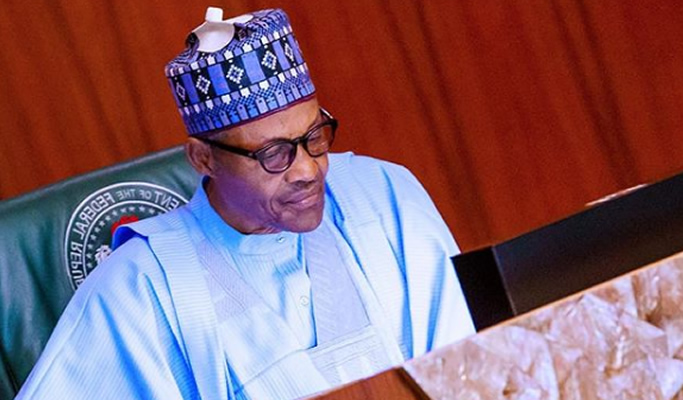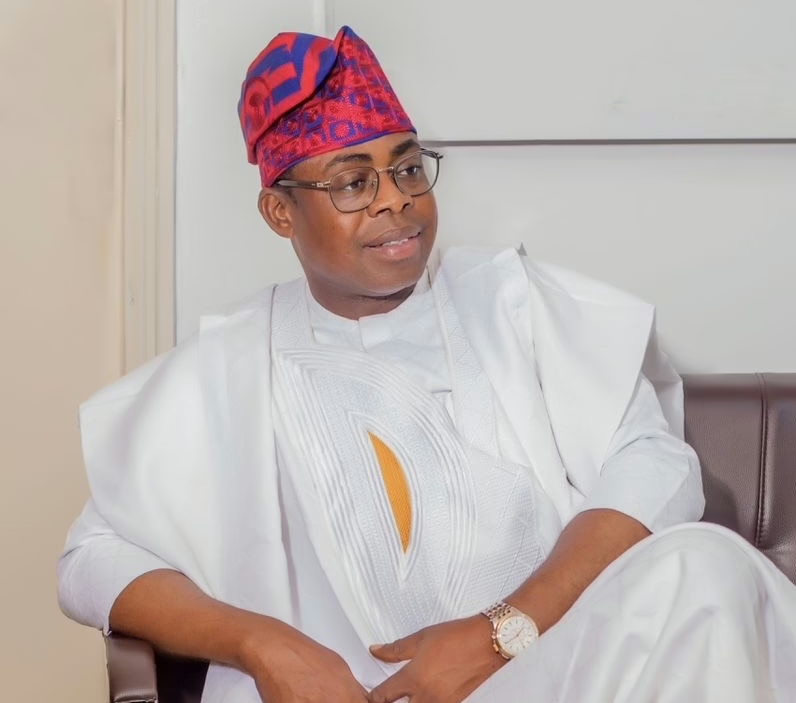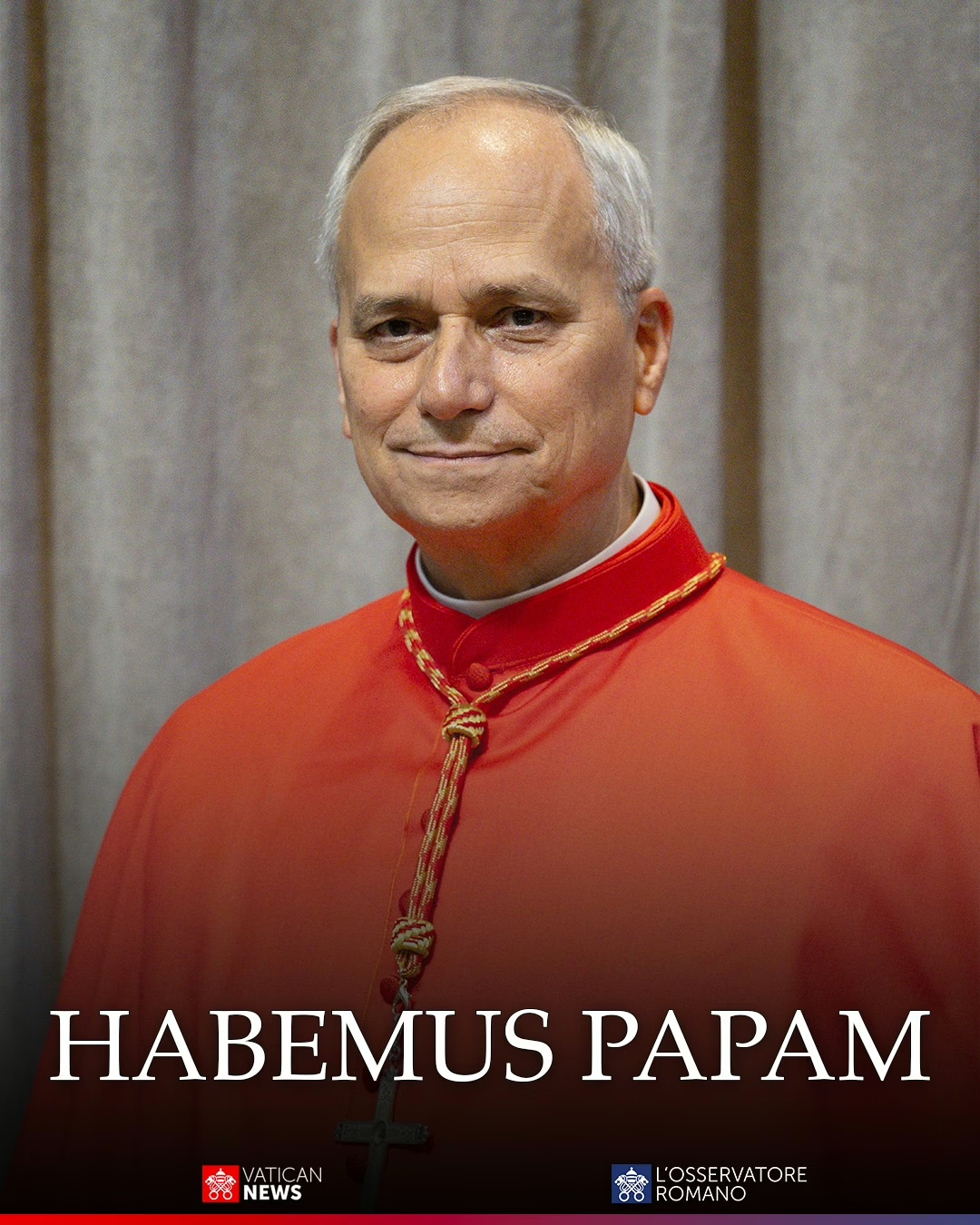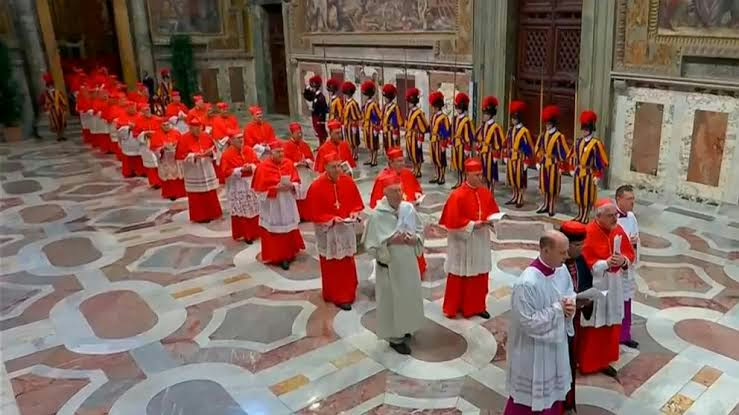- Maybe because those in the executive cadre do not even have measure for their salaries, group replies Buhari’s Aide
The President, Major General Muhammadu Buhari (retd.), now understands why national legislators get jumbo pay, compared to when he came into office in 2015, according to the Presidency.
According to Saturday PUNCH’s investigations, each of the 109 senators in the National Assembly takes home about N182m yearly, translating to N15.1m monthly or N45.3m per quarter.
In the House of Representatives, each of the 360 lawmakers gets a total annual package of N136.6m or N11.3m monthly (or N33.9m quarterly).
The pay package is worked out in keeping with the ‘collapse’ system introduced since the 6th Assembly, where the total allowances/running cost due to a lawmaker as bulk payment per quarter, was broken down and paid monthly instead.
The National Assembly and its organs, prior to 2015, had a yearly budget of N150bn for many years. Up to N9bn of the vote went into the take-home pay of lawmakers.
However, between 2015 and 2020, the budget ranged from N120bn to N139bn, as Nigeria faced dwindling financial resources, particularly from crude oil market volatility.
Investigations showed that while the budget rose to N139.5bn in 2018, it dropped to N125bn in 2019.
In the 2020 budget, the figure was jacked up by lawmakers to N128bn, just N10bn short of the 2019 mark.
At every point of the adjustment, there had always been uproar in the country, with many saying the lawmakers hardly worked enough to justify their pay, considered to be among the highest in the world.
In 2015, Buhari opposed the huge pay, criticising the bid by the Senate at the time to buy cars worth over N47bn in addition to the transport allowances they were being paid.
“I cannot see the National Assembly spending N45bn (N47bn) to buy cars on top of the transport allowance they collect,” he protested during a presidential media chat back then.
“I will see if I can stop lawmakers from buying over N48bn worth of cars.”
But last Wednesday, the President changed his position on the matter. He said there was a wrong perception about the National Assembly members earning what they didn’t deserve or that they spent money carelessly.
He gave his views at the launch of The Green Chamber Magazine, a publication by the House of Representatives Committee on Media and Public Affairs.
Buhari said in the message, delivered on his behalf by the Minister of Information and Culture, Mr Lai Mohammed, “Hitherto, the public perception of the National Assembly is that of a bicameral legislature where overly comfortable and highly-overpaid members merely stuff wads of currency notes into their pockets for little work done.
“This wrong perception has resulted partly from a lack of understanding of the enormous work of lawmakers, especially outside the glare of television cameras.”
When asked by Saturday PUNCH to explain the twist, the Presidency said Buhari had been briefed more on the operations of Nigeria’s bi-cameral legislature to make a U-turn.
The Senior Special Assistant to the President on National Assembly Matters (House of Representatives), Mr Umar Elyakub, said there was “more clarity.”
He said, “I believe the President, he has been intimated.
“For him to make that statement, he understands that this money, as opposed to what he thought before, there is more clarity as to what it is meant for.
“By the way, all salaries and allowances of political officer holders are fixed by the Revenue Mobilisation Allocation and Fiscal Commission, including that of Mr President and National Assembly members.
“Any other money that is not fixed by the commission is allocated to the office for their job. There is a distinction between the office and the members. The office carries out a lot of functions. So, as members, they use the money to run those functions.”
The presidential aide said the uproar over the budget of the of legislature was misplaced, arguing that the public should look beyond the 109 senators and the 360 Reps to the organs of the National Assembly.
He added, “Yes, the President has had a better understanding of what they do and also a better understanding of what the money appropriated to the National Assembly is meant for.
“A lot of people just think that when they see a lot of money being allocated to the National Assembly, it is for their salaries and allowances alone. Meanwhile, the bureaucracy of the National Assembly, comprising the staff and management are there; there is the National Assembly Service Commission; there is the National Institute of Legislative Studies; among others that draw from that budget.”
Groups, including organised labour, the Nigerian Bar Association and the Socio-Economic Rights and Accountability Project have disagreed with the President’s new position, saying it is unrealistic for the legislators to receive huge pay while the National Minimum Wage is N30,000.
For instance, the President of the Joint National Public Service Negotiating Council (Trade Union Side), Mr Abdlrauf Adeniji, had said, “The position of labour is clear on this matter. Nigeria is the only place where lawmakers are being paid jumbo salaries. It does not happen even in the United States or the United Kingdom. Maybe the President is alluding to the fact that all of them (lawmakers and executive) are affected. Those in the executive cadre do not even have measure for their salaries. They take the money as they like.
“Buhari may be saying what is relative to the executive plan. But there is no comparative basis for him to say that lawmakers are not overpaid. Their allowances alone cannot be compared to any earning in Nigeria. As far as labour is concerned, the payment for lawmakers and those in the executive arm is beyond reach.”
Incidentally, the RMAFC Chairman, Mr Elias Mbam, in 2015, soon after the President’s opposition to the lawmakers’ pay, said the commission had a presidential directive to review the pay package of political office holders such that no legislator would earn up to N1m monthly.
Mbam had said, “We are currently reviewing the subsisting remuneration package and it is going to reflect the socio-economic realities of today. We expect that before the end of next month, it will be ready. But it will go through a process, it is not something that just requires anyone to say yes or no.”
The review has yet to be done.
At an Independent Corrupt Practices and Other Related Offences Commission anti-corruption conference last year, Buhari criticised the constituency projects of lawmakers.
He said while over N1tn had been budgeted for the projects in the last 10 years, there was no proof of how the money was utilised.
“It is on record that in the past 10 years, N1tn has been appropriated for constituency projects, yet the impact of such huge spending on the lives and welfare of ordinary Nigerians can hardly be seen.
“The first phase report of tracking these projects by the ICPC confirms our worst fears that people at the grassroots have not benefited in terms commensurate with the huge sums appropriated for constituency projects since inception.”
Credit: The Punch










Leave a Reply